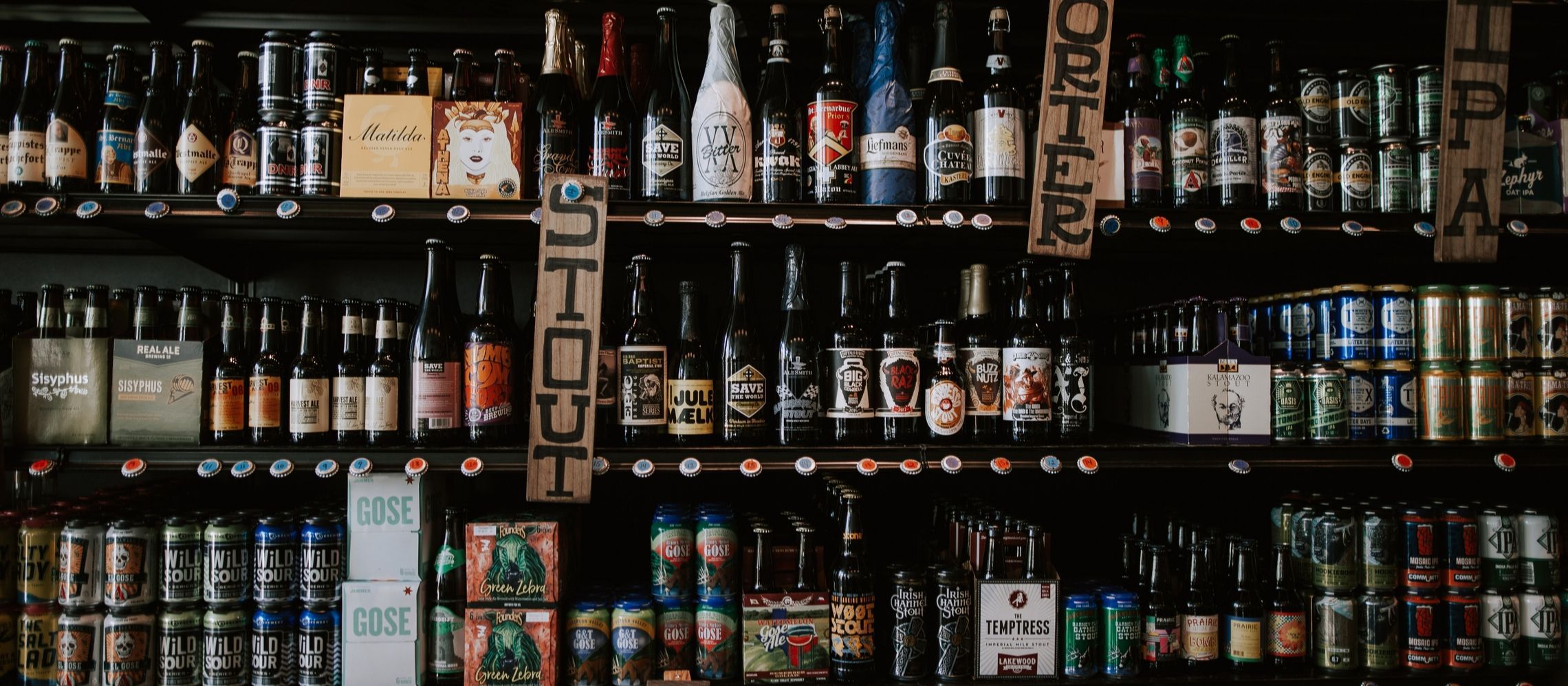Submission Deadline
28 February 2026
Judging
Date
23 March 2026
Winners Announcement
22 April 2026
28 February 2026
23 March 2026
22 April 2026

Prick the skin of an Englishman and, some say, they’ll bleed beer, not blood. The British have been drinking beer since at least the Stone Age, long before the arrival of the Romans and their preference to live a lifestyle that reflected the home, with wines imported from around their empire. Unlike our neighbours in the near Continent, we have relied on barley, wheat and apples – and not the grape – to make the majority of our alcoholic drinks.
Whilst a combination of climate change, improved understanding and better winemaking technology have meant that we now have around 2,000 hectares under vine, Britain’s home-grown drinks industry is still dominated by beer and spirits production. Putting aside the gin craze of the late 17th and early 18thCentury, when gin actually cost less than beer, Britons have been drinking beer through the ages as a safer alternative to water (I’m talking about the population’s consumption of ‘small beer’ at just 1% ABV, or less, where the brewing process effectively purified the water used).
So, if you’re looking to find a UK beer importer, you need to understand you’re going to be entering a mature market with a long history and real tradition of beer brewing and consumption where to stand a chance of commercial success in a competitive landscape, you need an awareness of the market dynamics with intelligent marketing to support sales as much as a product proposition that, with abundant choice, the trade will want to buy into and consumers will want to drink.
Looking for tips on pitching bars and restaurants of the United Kingdom? Check out, How Breweries Can Pitch to UK Bars and Restaurants.
An added pressure for any supplier or importer today is that beer sales in the UK are, for the most part, in slow decline, as they have been since the early part of this century: down from 91.9 to 69.7 litres per head a year between 2002 and 2017, although the World Cup and a long, hot summer in 2018 saw sales increase. Yet there are beer sectors that are bucking that trend, with ‘craft’ beer getting on for 7 million consumers and forecast to grow at around 8.5% year on year, albeit from a smaller base, with IPAs and other pale ales, in particular, leading that growth. Another growth sector is low and no alcohol beers, up 28% in value and 21% in volume, with 1% of craft beers being brewed at no more than 0.5% ABV.
Kantar, the research and data consultancy, also shows lager as very much leading the beer sector overall, with 37% of British adults drinking lager, almost double the 11 million drinking other beers. Looking at these figures a little more closely one finds that a general preference for lager has taken over from the beers that were drunk in the British Isles into the 1960s, with only 36% of lager drinkers saying they would drink bitters, ales, milds and stouts, whilst 59% of these beer drinkers will (also) drink lager.
Another dynamic is quality, with over two-thirds of beer drinkers more likely to pay extra for (better) quality, as against less than half of lager drinkers. This is reflected in the growth of the craft beer sector with between a third and a half of consumers reported by Mintel as expecting craft beers to have a unique flavour, a result of using better quality ingredients. In fact, the latest 2019 SIBA YouGov survey shows nearly a quarter of consumers view craft beer as being innately better quality.
Quality is actually behind the fall in overall beer consumption with consumers wanting to drink less, but better, and is something that’s being seen across most alcohol categories, driven by interest in premiumisation and quality, provenance, ethical standards and values and traditional, artisanal methods: in terms of beer this means those with unique character, taste and flavour – something that beers from other countries are more than able to provide.
There is, however, one added point of caution for a brewery or beer supplier looking for a beer importer in the UK: not wishing to tar any country in particular, but English-speaking nations are notoriously lazy when it comes to learning another language, so the issue for foreign beers is possibly as much about the pronounceability of the product than any innate antipathy, inherent xenophobia, or fear as to its drinkability.
Yet, for all its difficulties and complexities, the UK is too important a business opportunity to ignore – so how do you go about finding the right importer for your beers?
An absolute requirement is to check that whoever you approach is registered with the UK Alcohol Wholesale Registration Scheme as it’s critical to comply with all the requirements of the tax authorities in what is – perhaps unlike some other markets – a high tax and highly regulated market with heavy penalties for non-compliance.
Finding names of importers with whom to start a dialogue is actually the easy bit – what you really need is to ensure you can work together in both your interests so this stands the best chance of matching the outcomes you’re both after: for example, whether your beers are niche or mass market, and whether aimed at the high end, so possibly more appropriately aimed at the on-trade, or with wider appeal and therefore a better proposition for the off-trade, is very likely to require different skill sets down the distribution chain. It, therefore, makes sound business sense to start discussions with more than one potential importer in order to minimise the chance of any mismatch and you, therefore, stand the best chance of finding the right importer with the right connections to partner with: agendas can differ, if not immediately, then over time, so it can pay to minimise risk by separating out importers with different areas of expertise to best match each beer type (this works both ways and an importer may prefer not to take certain products).
Once found, smoothing the path to an agreement, and thereafter ‘locking in’ an importer can be facilitated if you’re prepared to commit to an on-going support programme to ensure the required marketing and sales resources and capabilities remain available: bear in mind that your products most likely make up a relatively small fraction of your importer’s inventory and, notwithstanding any amount of goodwill, there are bound to be differences in commercial agendas and, ultimately, it’s up to you to oil the wheels of commerce to your – and your importer’s – business advantage.
If you accept that there’s no such thing as an easy sell in such a competitive marketplace, but armed with an understanding of market dynamics, and with the right product at the right price to satisfy both trade and consumer demands, it’s still possible to do good business.

The article is contributed by Alistair Morrell, Wine Inspector, wine industry consultant, journalist and, commentator. Over 30 years as a wine business professional, Alistair shares his global knowledge, network, and experience of growers, importers, distributors and buyers.
Show your beers where it matters. Get your products tasted by top buyers and experts at the London Competitions — enter now.